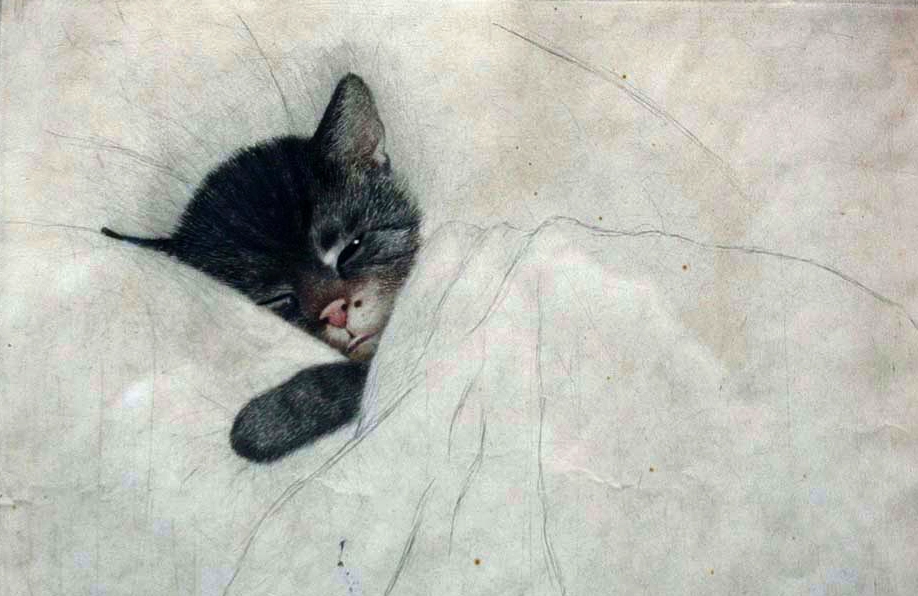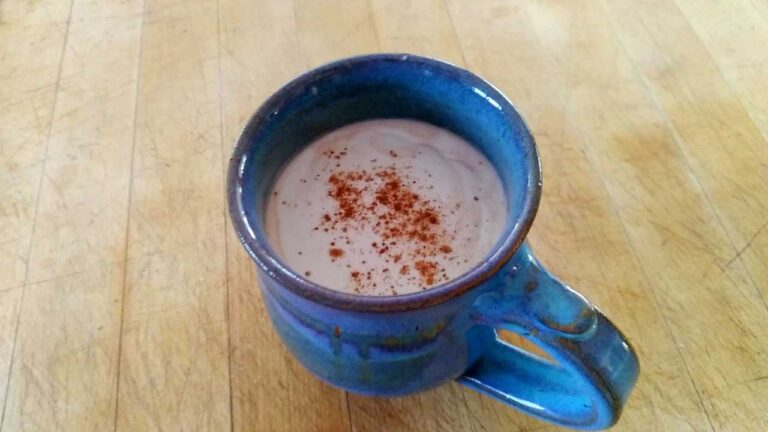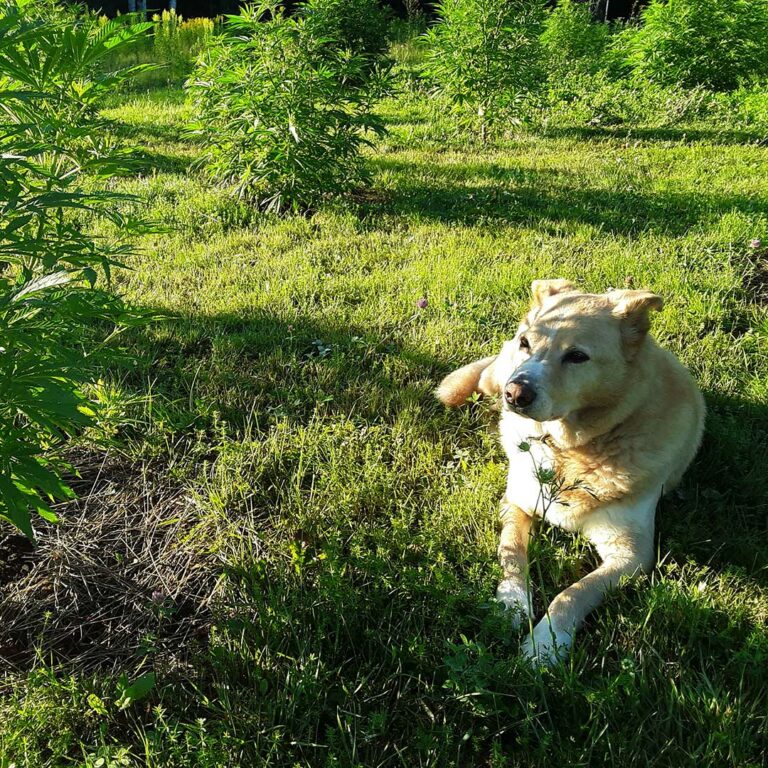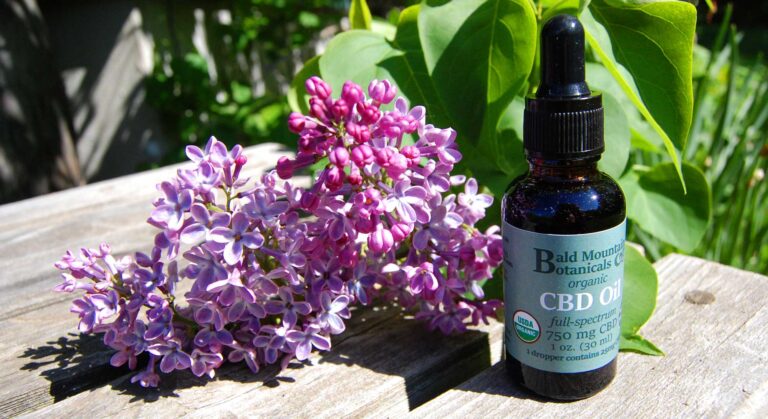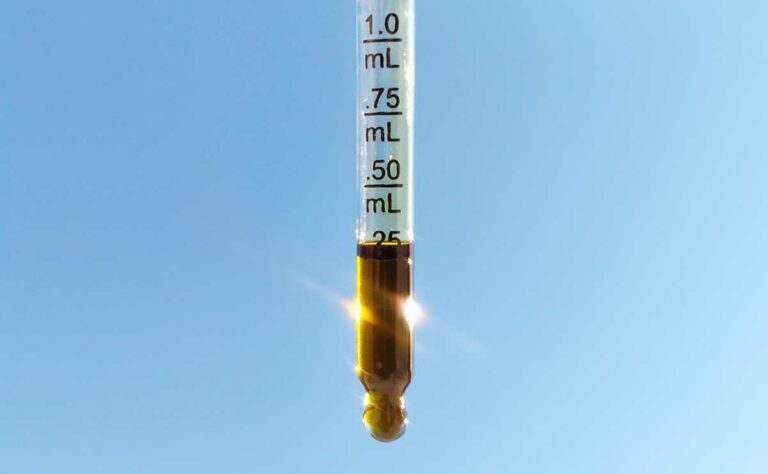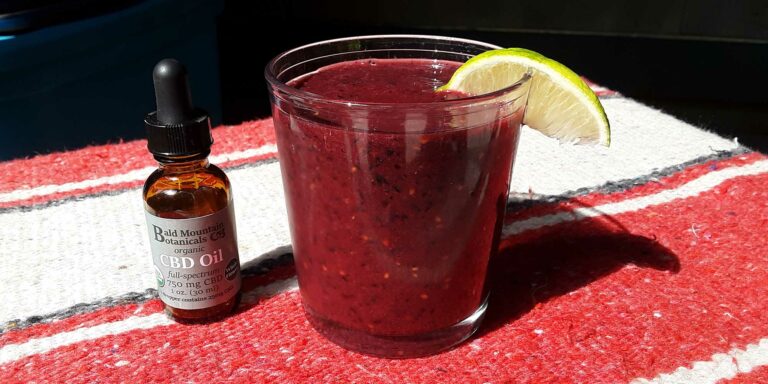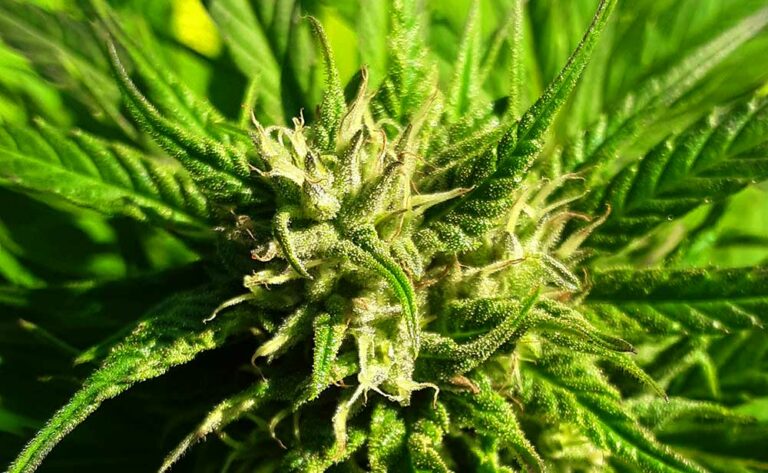Does CBD Help With Sleep?
(note: FDA Disclaimer)
It’s been hours since you went to bed exhausted yet here you are tossing and turning in frustration. Or maybe it’s the wee hours of the morning and you’ve woken long before it’s time to get up. These are just two of the more common scenarios people struggling with sleep face. Poor sleep is a serious, potentially debilitating problem that often contributes to a wide range of health issues. Sometimes people with sleep issues turn to CBD. Does CBD help with sleep? How? Is there any scientific research data to back this up?
Let’s take a look at how CBD can work to promote sound sleep and why results can vary. Then we’ll review some of the research that’s been done on CBD and sleep. To wrap up, we’ll discuss some important considerations and tips for using CBD to treat sleep issues.
The Bottom Line
Works For Many but Not All
CBD helps many people sleep better but not everyone. We know this mainly from anecdotal evidence but there’s a growing body of scientific research emerging as well. The bottom line seems to be that CBD often helps improve sleep duration and quality although not in all cases. Let’s take a closer look at why CBD seems to work for some people.
How Does CBD Help With Sleep?
There appear to be two primary ways that CBD helps people sleep:
1. Eases Anxiety
CBD is an excellent anxioletic, which is just a fancy way of saying it reduces anxiety. It interacts with our body’s endocannabinoid system (ECS), a complex network of receptors and “endocannabinoids” that regulates physiological processes. While endocannabinoids are produced by our bodies, CBD is a “phytocannabinoid,” meaning it’s produced by a plant. Administering CBD to our ECS can result in certain changes or adjustments to our physiological processes. The mechanism(s) behind CBD’s calming effects are still being studied, but research suggests it involves how CBD interacts with the serotonin 5-HT1A receptor and the TRPV1 receptor. CBD may inhibit the fatty acid amide hydrolase (FAAH) enzyme, resulting in higher anandamide levels.
In any case, CBD often makes people feel calmer and less stressed. Because the elevated cortisol levels associated with stress are often a big factor in insomnia, CBD’s ability to ease stress can help people fall asleep more easily and sleep more soundly. This “stress release” effect is undoubtedly one of the major ways that CBD can help with sleep.
2. Relieves Inflammation and Chronic Pain
Besides reducing anxiety, another way CBD can help with sleep is by relieving inflammation and chronic pain. Physical discomfort from various health conditions such as arthritis or physical injuries causes many sleep issues. Some recent research suggests that CBD fights inflammation by shifting the formation of pro-inflammatory compounds like leukotrienes and prostaglandins to inflammation-resolving specialized pro-resolving mediators (say that ten times fast). Patients who use CBD to successfully treat chronic pain typically report improved sleep.
By calming anxiety and relieving physical discomfort, CBD targets two major causes of sleep issues: stress and chronic pain/inflammation. This appears to be how CBD improves sleep in the majority of cases.
However, it’s very likely CBD works in additional ways to promote good sleep but further research is needed. According to some recent studies, the body’s endocannabinoid system has a hand in regulating circadian rhythms and the sleep-wake cycle. It seems intuitive that CBD’s effects on the ECS could result in adjustments to those circadian rhythms and sleep cycles. This is mostly conjecture at this point, but we may discover other ways that CBD works to improve sleep.

Why Your Mileage May Vary
We all know people who swear by CBD to help with sleep. We probably also know people who say they tried it and it didn’t work for them. Why does CBD seem to work for some folks but not others? Is there a magic formula for success? There could be many reasons for the varying outcomes—let’s consider some of them here.
Product Quality
First, there’s a wide range of quality among CBD products. A given product may not contain the amount of CBD it says it does on the label, or it may be contaminated with heavy metals or pesticides. Always check for lab test results (often known as the “Certificate of Authenticity” or COA) to verify the product’s potency as well as its purity. If the vendor doesn’t provide a COA for the specific batch of CBD product you’re considering, find another vendor.
Then there’s the question of whether the product contains just isolated CBD or also has additional cannabinoids, terpenes, flavinoids, and other compounds found in hemp flower. CBD products made from whole flower—which many physicians and users find more effective at lower doses than products made from CBD isolate—benefit from the familiar “entourage effect,” where the various compounds work together synergistically. We often refer to this type of CBD product as “full spectrum,” which includes a very small amount of THC in addition to CBD. While the preference for CBD made from whole flower is mostly based on clinical experience and anecdotal evidence, a growing body of research seems to corroborate that whole-plant botanical cannabis medicines are more effective than isolated cannabinoids.
Dialing in the Dose
Another very important factor in using CBD successfully for sleep is dosage. Some research suggests that high doses of CBD are more sedative while lower dosages can be stimulating, although there’s some disagreement about this. That’s why it’s important to take the time to methodically find the right dose for you and your specific situation.
The general rule of thumb with dosing is to “start low and go slow”—begin with a low dose, perhaps as low as 5mg of CBD, and slowly titrate up until you get the effects you’re searching for. What you’re aiming for here is the “minimum effective dose”—enough CBD to achieve the effect you want but no more. This trial-and-error can take some time and patience. Many people try a random CBD product just once or twice, fail to get the effect they want, and write off CBD as useless. But they may simply be taking the wrong amount.
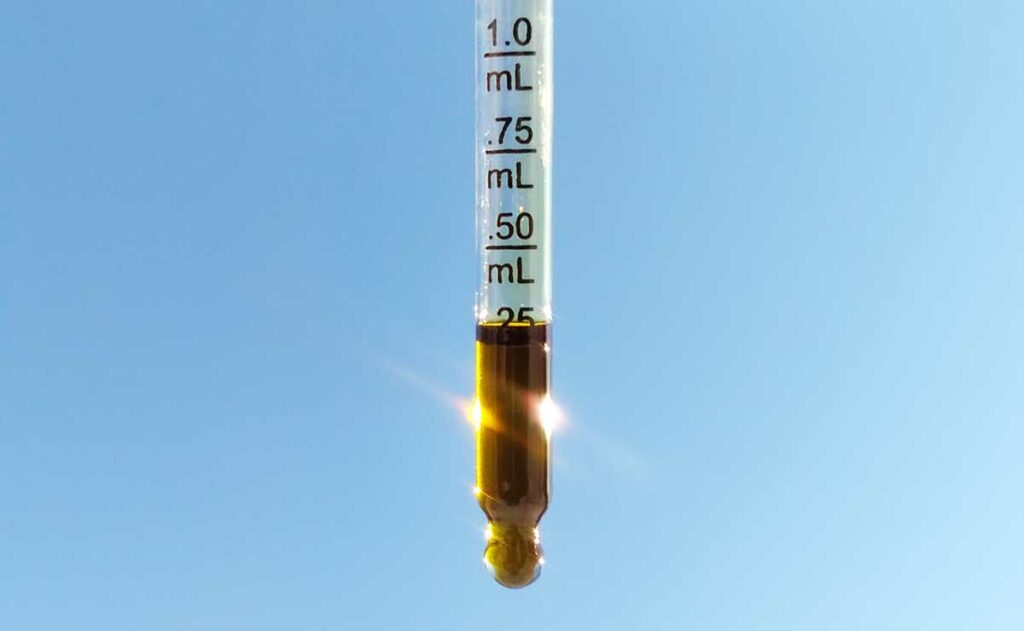
Individual Response Variation
Finally, not everyone responds to CBD in the same way. Your mileage may vary, as they say. There isn’t a “one size fits all” CBD solution, since CBD works by interacting with the body’s endocannabinoid system which can differ depending on the individual’s condition and physiology. The exact same dose of the same CBD product administered the same way at the same time to two different people may have two different results. Finding a successful solution for you may be a bit of a discovery process, and what works for you may not work for the same way for another person.
Does CBD Help With Sleep According to the Data?
Research is still in its early stages at this point but scientists are publishing more and more studies in this area. As of today, the limited data we have seems to suggest that CBD does in fact help many people sleep better but is by no means a surefire across-the-board remedy. Let’s have a quick look at some recent studies to get a sense of what how the data helps answer our question: does CBD help with sleep?
CBD May be Biphasic
According to a recent review of CBD research, several studies suggest that higher CBD doses (300-600 mg in one study) are often sedative, while low doses (5-15 mg) are often stimulating. Anecdotal evidence suggests that there are exceptions to this hypothesis, so take it with a grain of salt. But drowsiness is not uncommon with higher CBD doses. A drug that has two different effects depending on the dose is sometimes described as “biphasic.”
Chronic Pain Relief
In another study of patients with existing sleep problems, 160 mg doses of CBD ingested increased total sleep time and decreased sleep interruptions during the night. A trial centered on chronic pain patients found a 30 mg daily dose of CBD ingested improved sleep quality—most likely due to the pain relief that was interfering with the patients’ sleep.
Success with Sleep Disorders
A study in 2019 reported the effects of CBD on sleep disorders in general. Researchers working at a psychiatric facility administered daily doses of 25-175 mg CBD, taken orally, as an adjunct treatment for 25 patients. After the first month, 67 percent of the patients reported better sleep. At a three month follow-up, sleep remained improved.
Treating PTSD and Insomnia
A different study focused on PTSD patients demonstrated that CBD (25 mg oil and 6-12 mg spray daily for 5 months) reduced insomnia and sleep disturbances.
College Student Sleep Study
A 2023 research project gave 50 mg of CBD daily to a group of healthy college students, along with a placebo group, for a period of 8 weeks and studied the results. The researchers found “significant improvements in sleep quality” along with an enhanced immunity system.
Combining CBD and THC
A literature review from 2023 concluded that “CBD alone or with equal quantities of THC may be beneficial in alleviating the symptoms of insomnia.” The authors noted a particular need for more research on CBD’s effectiveness using “validated subjective and objective measures” to verify these findings.
Relieving Anxiety for Better Sleep
Studying a group of 72 adults, researchers in 2019 found almost 80% of the patients felt less anxious and sleep scores improved for the majority of patients after the first month.
From these and other samples of the scientific literature on CBD and sleep, it seems clear that CBD enhances sleep in many cases but in other cases it doesn’t. People whose sleep is hampered by anxiety and chronic pain or inflammation seem to benefit the most, but clearly CBD is not a “once size fits all” solution for sleep problems. As more data is gathered on this topic, we’ll undoubtedly come to a better understanding of how CBD can help with sleep.
Suggestions for Using CBD to Help Sleep
Interested in trying CBD for sleep? Consider these suggestions to improve your chances of success. First of all, it’s important to talk with your doctor or caregiver first before trying CBD. After you’ve had that discussion, you have to decide how you want to administer CBD: ingestion, sublingual, or inhalation. Let’s take a moment to consider each of these methods and how they impact the effects.
Administration by Ingestion
Ingestion simply means swallowing a CBD product, often in the form of an oil that can be taken by itself or mixed with a beverage or food. The onset of effects may take an hour or more because your liver has to process the CBD first, so if you have trouble falling asleep you’ll want to take your dose a couple hours or more before bed. Taking it with a little food often helps your digestive system process it faster, leading to a quicker onset. The effects generally last 6-8 hours, so ingestion is a good option for people who have trouble waking up in the middle of the night.
Sublingual Administration
Administering CBD sublingually just involves putting the oil or tincture in your mouth and holding it for several minutes so the medicine is absorbed through the soft oral tissues (typically the advice here is to hold it “under the tongue” but the mucosal membranes that readily absorb the CBD into your bloodstream are located throughout the mouth). You should start to notice effects within 15 minutes or so as the medicine absorbs into your bloodstream. Effects from sublingual dosing generally last 2-3 hours. You can also combine sublingual and ingestion by holding the dose in your mouth for several minutes, then swallowing.
Administering by Inhalation
Inhalation offers the fastest onset—you should notice effects within minutes. Most medical experts consider a flower vaporizer to be safer than smoking because vaporizers contain no combustion by-products. Unless you need immediate relief, you’re probably best to avoid inhalation since you can irritate your respiratory system or risk other health effects. But some people can only get the correct effect from inhalation. Effects last 2-3 hours.
If your sleeping troubles involve waking up in the middle of the night, taking cbd by ingestion is probably your best bet, as the effects from sublingual or inhalation administration won’t last through the night.
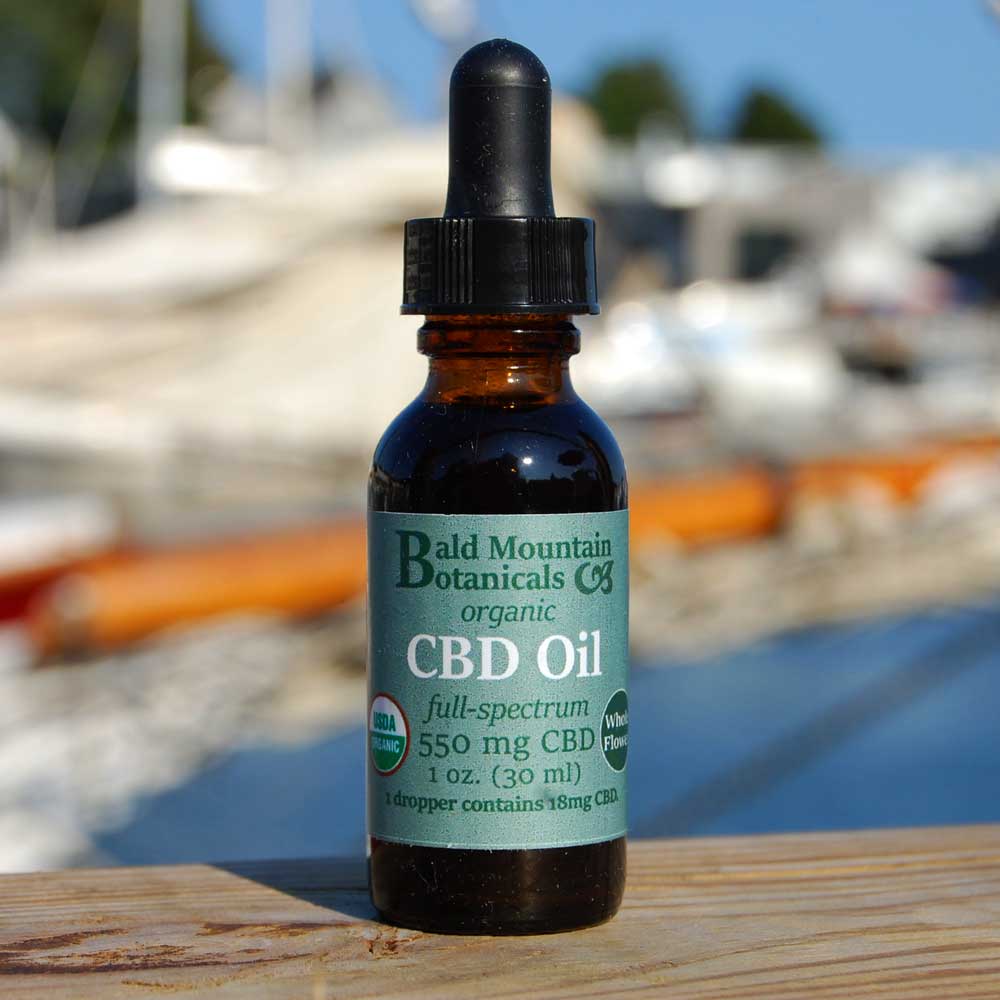
Use a Quality CBD Product
Aside from choosing an appropriate administration method, it’s also crucial to select a quality CBD product. Whichever product you choose, make sure the vendor provides lab test reports (or a COA) that shows the batch you’re buying has been tested for potency and purity. This makes it more likely you’ll get good results while protecting yourself from various potentially harmful contaminants. A certified organic product provides extra safety insurance, and one made from whole flower is typically more effective at lower doses than a product made from CBD isolate, making it more economical in many cases.
Timing is Everything
Taking the right dose at the right time of day is very important. Since there really isn’t a “standard” dose that works the same for everyone, it may take some trial and error to find what works for you. Experts generally agree on a “start low and go slow” approach. Begin with a low dose such as 5mg and titrate up as needed until the desire effects are achieved.
If you have trouble falling asleep, an ingested dose early in the evening is often a good strategy. Since it can take an hour or more for the onset of effects, you don’t want to wait until bedtime. Or, if using inhalation or sublingual dosing, closer to bedtime may be most appropriate. For some people, the most soporific effects seem to come about an hour after inhalation, but this varies by individual. You may need to spend some time trying various routines and seeing what works. Take careful notes regarding dose amount, timing, method, and results to help with this discovery process. Sometimes people are able to dial this in fairly quickly, other times it takes some experimentation. And, of course, it’s entirely possible that CBD won’t solve your sleep issues.

Seek Calming Terpenes
Terpenes are the compounds in hemp that produce the various fragrances associated with hemp and cannabis. They play an important role in the effects of hemp flower. Some are invigorating, some are uplifting, and others are calming. Needless to say, to promote good sleep you want calming terpenes. Myrcene and linalool are two examples of terpenes associated with calming effects. But not everyone responds in the same way to terpenes, so find out how different terpenes affect you. When choosing a CBD product, pay attention to which terpenes are present (the lab test report often indicates this) and stick with ones that make you feel relaxed.
Combining CBD with THC
Some physicians recommend combining CBD with THC for better sleep, based on research and clinical practice. Dr. Mikhail Kogan, in his book Medical Marijuana: Dr. Kogan’s Evidence-Based Guide to the Health Benefits of Cannabis and CBD, suggests a 1:1 ratio of CBD and THC for improving sleep. Some people prefer to avoid THC for various reasons, so this isn’t a viable option for everyone.
Using CBD with Other Practices
Keep in mind that CBD can be used alongside other sleep-promoting practices, such as a warm bath before bed. You can even add a little CBD oil to the bath! Other techniques include keeping digital devices out of the bedroom and reducing screen time in the evening. Getting adequate physical exercise during the day is another helpful strategy. CBD isn’t a miracle cure but rather one tool among many at your disposal to improve sleep and health.
Conclusion
The answer to the question “does CBD help with sleep?” seems to be “yes but not for everyone.” Many people find CBD helps them sleep better but it’s not a miracle cure. With a quality CBD product and a methodical approach to finding an effective dose, CBD may improve your sleep. That’s especially true if your sleep issues are tied to anxiety or chronic pain and inflammation.
